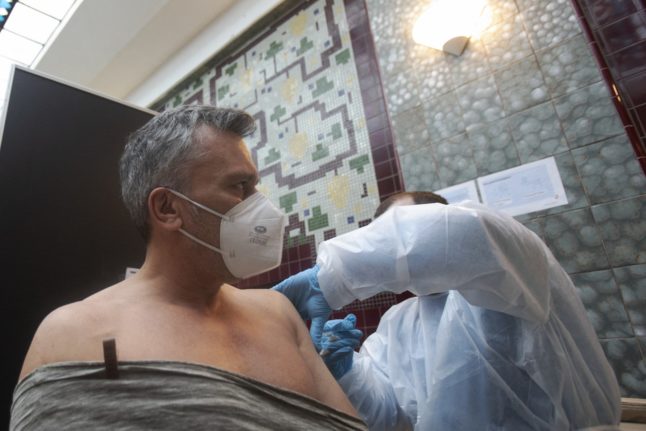Last week, over 110,000 people in Austria were absent from work due to COVID-19, influenza, or flu-like diseases.
Statistics from ÖGK policyholders, Austria’s largest public health insurer, indicated that more than 400 individuals were specifically impacted by influenza (“real flu”), while over 84,000 stayed home due to flu-like symptoms. ÖGK’s chief physician, Andreas Krauter, highlighted a noticeable uptick in sick days via a statement on Monday.
The news comes Austria struggles with 10,000 more COVID-19 infections. than at the same time last year. Several variants of the Omicron strain of the virus are currently under observation by the European Centre for Disease Prevention and Control, and with temperatures plummeting, it is thought that a colder winter could further boost cases.
Austria was a centre of several COVID-19 outbreaks in the early months of the pandemic, and stringent measures were introduced across the country in order to tackle its spread.
READ MORE: How can I get a Covid or flu vaccine in Austria this autumn?
In his statement, Krauter emphasised the efficacy of masks in offering reliable protection against infection and curtailing further transmission. He particularly stressed the importance of considering this protective measure for individuals with underlying health risks. “For them and everyone else, we recommend vaccination against Covid-19 and influenza. Washing your hands is also important”, he said in a press release.
In total, ÖGK recorded 297,000 individuals afflicted by various illnesses or injuries and registered for sick leave during the last week.



 Please whitelist us to continue reading.
Please whitelist us to continue reading.
Member comments